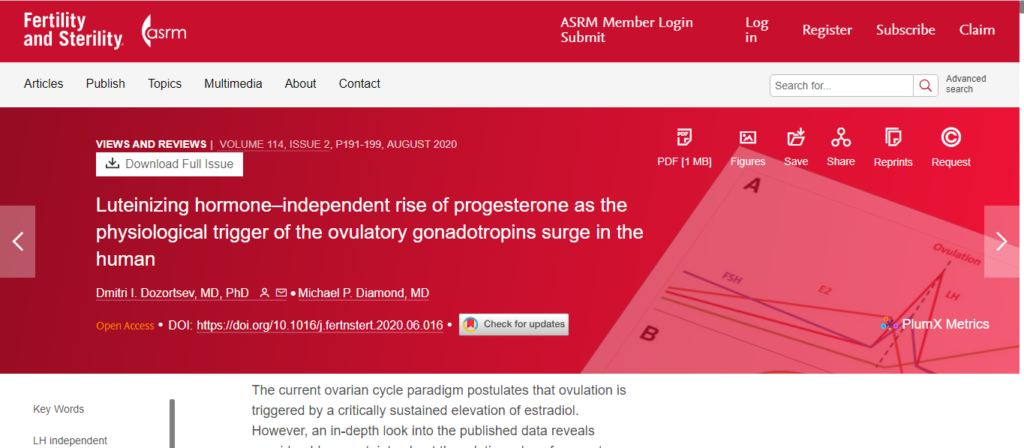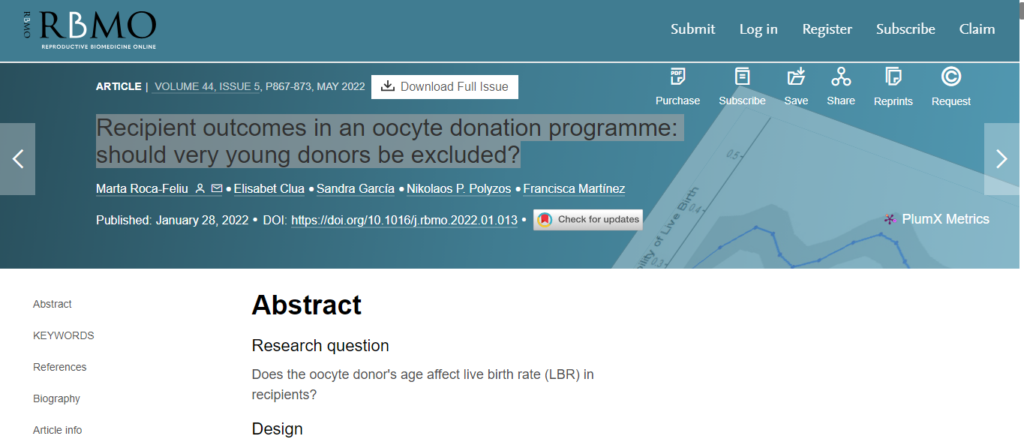A healthy diet plan can help you manage your PCOS symptoms. Learn how you can start feeling better!
Polycystic ovary syndrome (PCOS), also known as polycystic ovarian syndrome, is a common health problem caused by an imbalance of reproductive hormones. Poorly managed, hormonal imbalance can cause problems with the ovaries and range of other uncomfortable symptoms. One of the best ways to manage your PCOS is by adjusting your diet plan. This means reducing your intake of foods that spike blood sugar levels and selecting healthier diet options whenever possible.
PCOS and Fertility
In PCOS, hormonal imbalance interferes with the growth and release of eggs from the ovaries (ovulation). Fortunately, while PCOS is one of the most common causes of infertility in women, it is also quite treatable. The symptoms of PCOS can vary from one woman to another, but some of the most common symptoms include:
- An irregular menstrual cycle. Some women might start having fewer periods while others might start having more. Some women with PCOS fully stop menstruating.
- Hirsutism. This is when women begin to develop hair in unusual places — for instance, facial hair.
- Thinning hair or hair loss, including male-pattern baldness.
- Weight gain or difficulty losing weight.
- Acne on the chest, face, or upper back.
One of the best things you can do if you have PCOS is adopting a new approach to the way you eat. Because women with PCOS often have higher levels of insulin in their blood, making it hard to maintain a healthy weight, managing PCOS means altering your diet for better insulin management. By eating healthy and maintaining a healthy weight, you can improve your PCOS symptoms.
The Elements of a PCOS Diet Plan
In general, a PCOS diet plan is dairy free, gluten free, soy free, and focused on foods with a low glycemic load — foods that help you manage your insulin and testosterone levels. It also involves avoiding highly processed foods and foods high in sugar. Foods to avoid include:
- Dairy. Dairy has a protein called IGF-1 that mimics insulin’s effects in the body. When you ingest dairy, the IGF-1 protein causes your ovaries to release testosterone, making your PCOS symptoms worse.
- Gluten. Gluten tends to cause inflammation. Given that people with PCOS already have higher levels of inflammation, the elevated inflammation caused by gluten can make you more resistant to insulin and trigger further release.
- Soy. Soy ingestion can delay ovulation.
- Sugary and refined foods. These foods impact your insulin levels and, like gluten, can exacerbate your PCOS symptoms.
Luckily, there are also a large number of foods that are great to eat as part of a PCOS diet plan. Try to build your diet around high-fiber foods, including green and cruciferous vegetables, peppers, and beans, lean proteins like fish, and anti-inflammatory foods and spices, such as kale, spinach, tomatoes, and turmeric.
Tips for Starting Your PCOS Diet Plan
Whenever you start something new, whether it’s a new job or a new diet, it’s good to have a plan. We recommend that you start by researching alternative products and brands for the foods you like to eat and begin planning your meals ahead of time. Try to find foods without added sugars, with large amounts of fiber, and with whole grains if possible. As with any healthy eating plan, you should make sure your meals have a balance of different types of foods.
If you are interested in learning more about how PCOS can impact your fertility and about additional steps you can take to mitigate your symptoms, don’t hesitate to reach out to the Advanced Fertility Center of Texas. Our fertility specialists can help you mange your PCOS and help guide you through your fertility journey.



